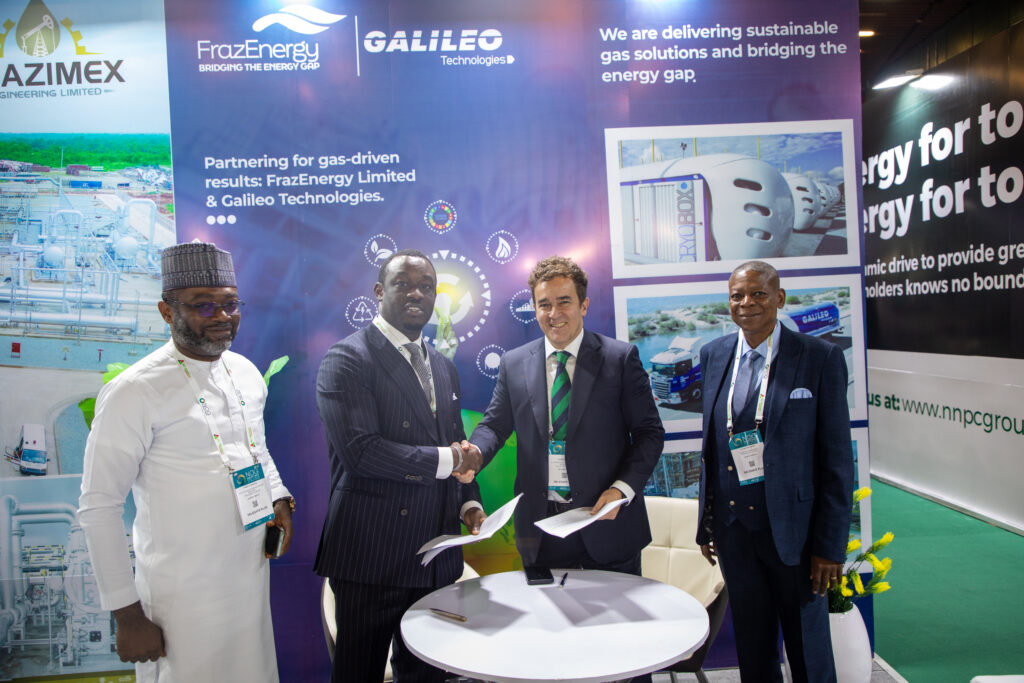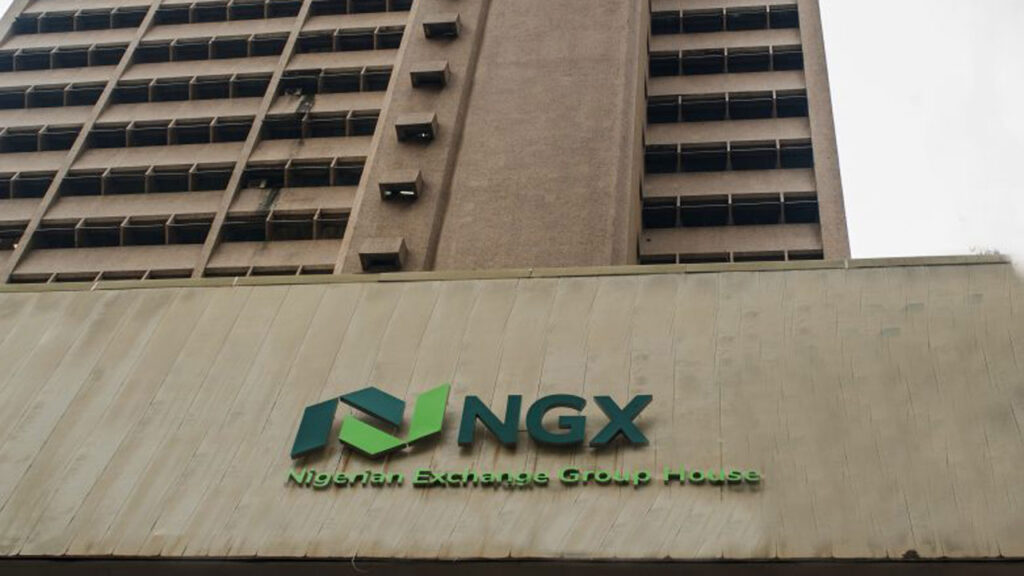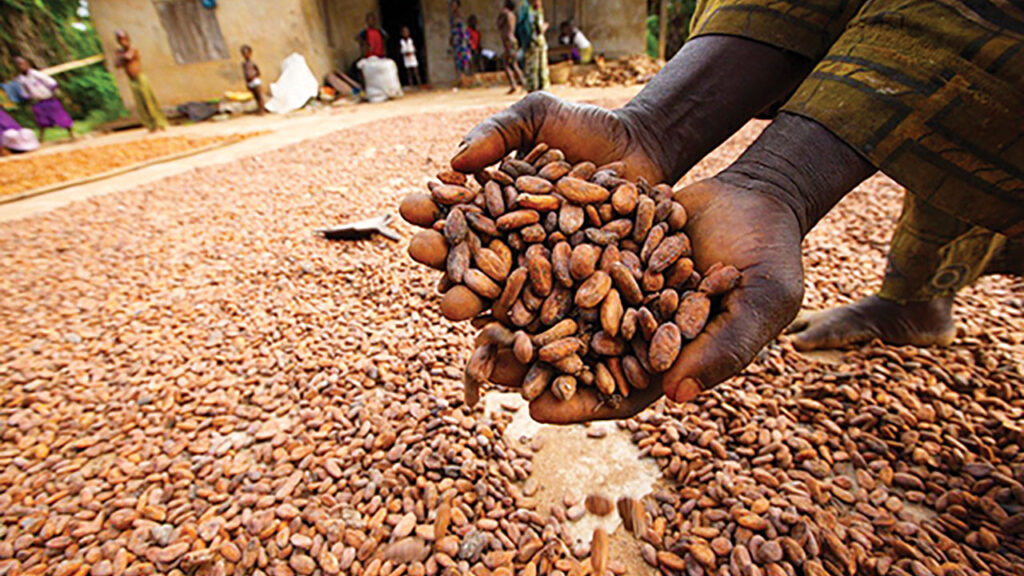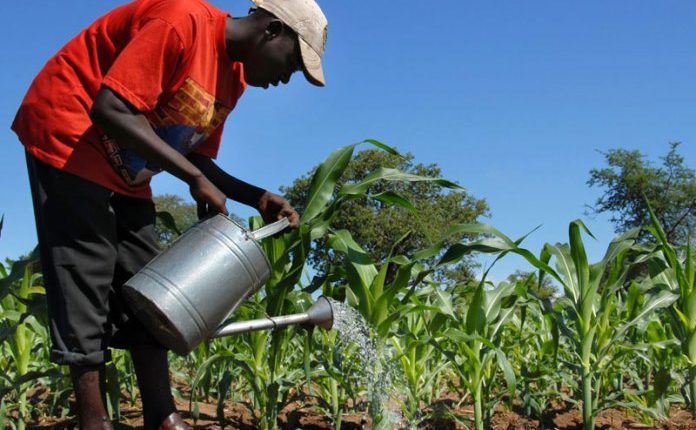The growing push for gas utilisation and development in Nigeria will require over $20 billion investment in transmission and distribution infrastructure, FrazEnergy said yesterday after signing a liquified natural gas (LNG) development project in Delta State.
The pact signed with a gas technology company will see the development of scalable LNG harnessed from the ND Western marginal field in Delta state.
Speaking in Abuja at the signing ceremony, which took place at the Nigerian Oil and Gas (NOG) conference, General Manager of FrazEnergy, Osi Okonkwo, said LNG option remained critical to capture gas flare and addressing the transport challenges in lifting liquified petroleum gas (LPG) in the country.
The deal, signed with a global gas infrastructure company, Galileo Technologies, would enable Nigeria to implement the zero flaring target while reducing the country’s carbon footprint.
The new deal, Okonkwo said, would see the development of five million cubic feet that would have been flared. He added that the gas plant from the deal would bring onboard LNG, propane and LPG.
Okonkwo, noted that the company, a subsidiary of Oilserv, which is working on the Ajaokuta-Kaduna-Kano (AKK) pipeline, would prioritise its own projects including prioritising captive power generation for the manufacturing sector. He said there was a need to bridge the infrastructure gap to meet the projected goals of the country’s gas plan.
According to him, gas plants and major pipelines, such as the South-North gas pipeline, which originates from Qua Iboe, pass through Obio/Akpor, Enugu, and connect to the Ajaokuta-Kaduna-Kano (AKK) pipeline, remained critical.
He said the plan, which is a key component of the gas master plan, spans approximately 800 kilometers, adding that the country needs other pipelines as part of the gas master plan.
“The investment required for these projects is significant, ranging from $5 to $10 billion to complete the Nigerian gas transmission infrastructure. Additionally, the gas processing sector would need a similar investment, bringing the total to an estimated $15 to $20 billion to close the gaps in gas processing and fully implement the Nigerian gas master plan.
“Moreover, distribution lines are also necessary. For example, the South-North gas pipeline will pass through major cities like Enugu and Ajaokuta. Building and investing in these distribution networks is crucial. Therefore, the overall investment required for these projects could easily fall within this range,” Okonkwo said.











